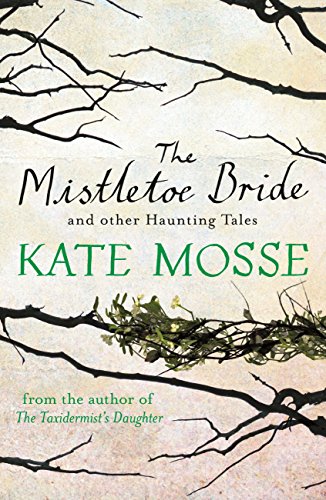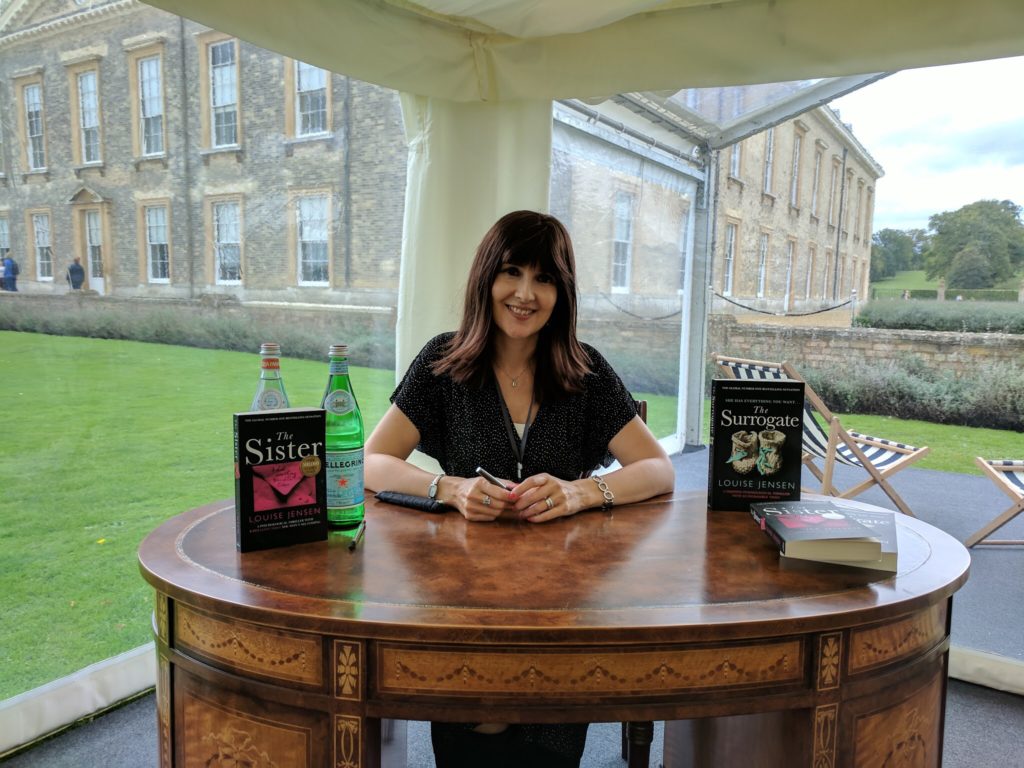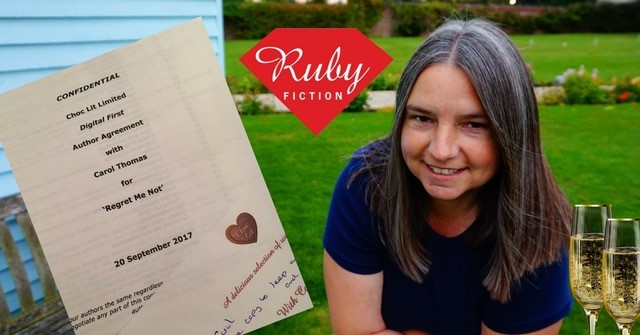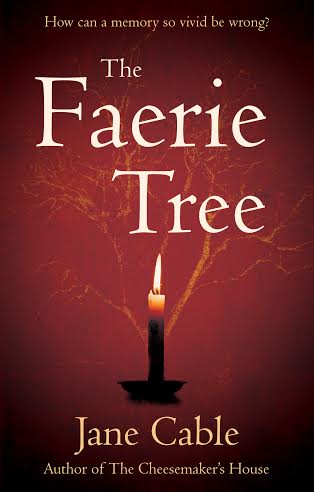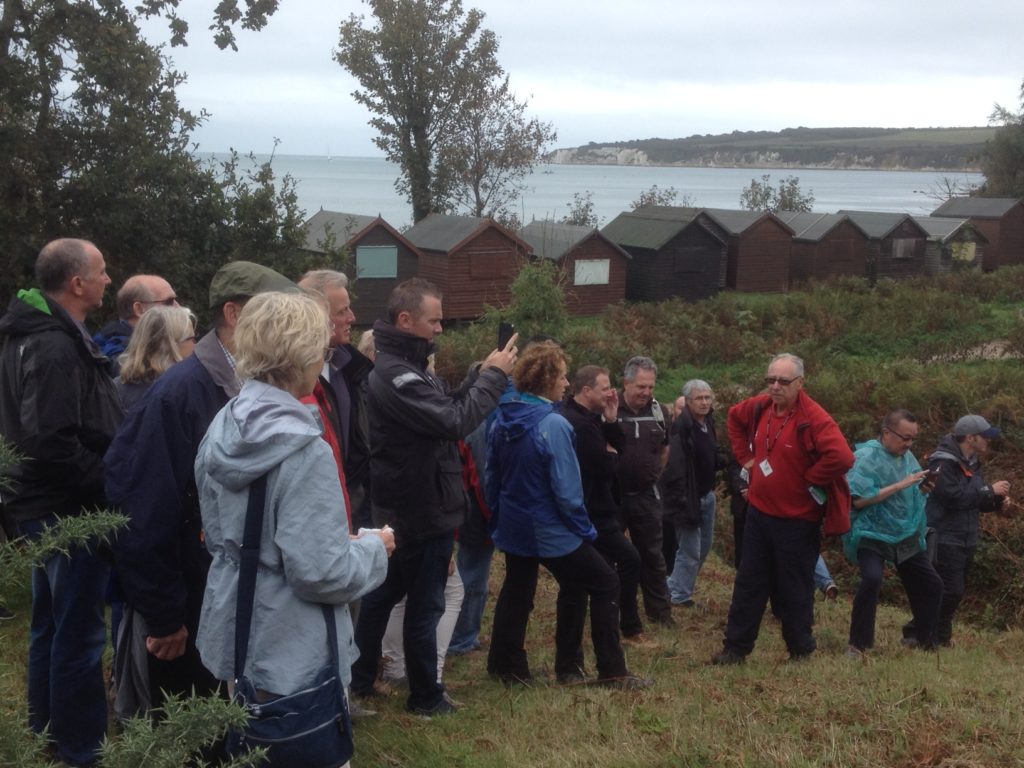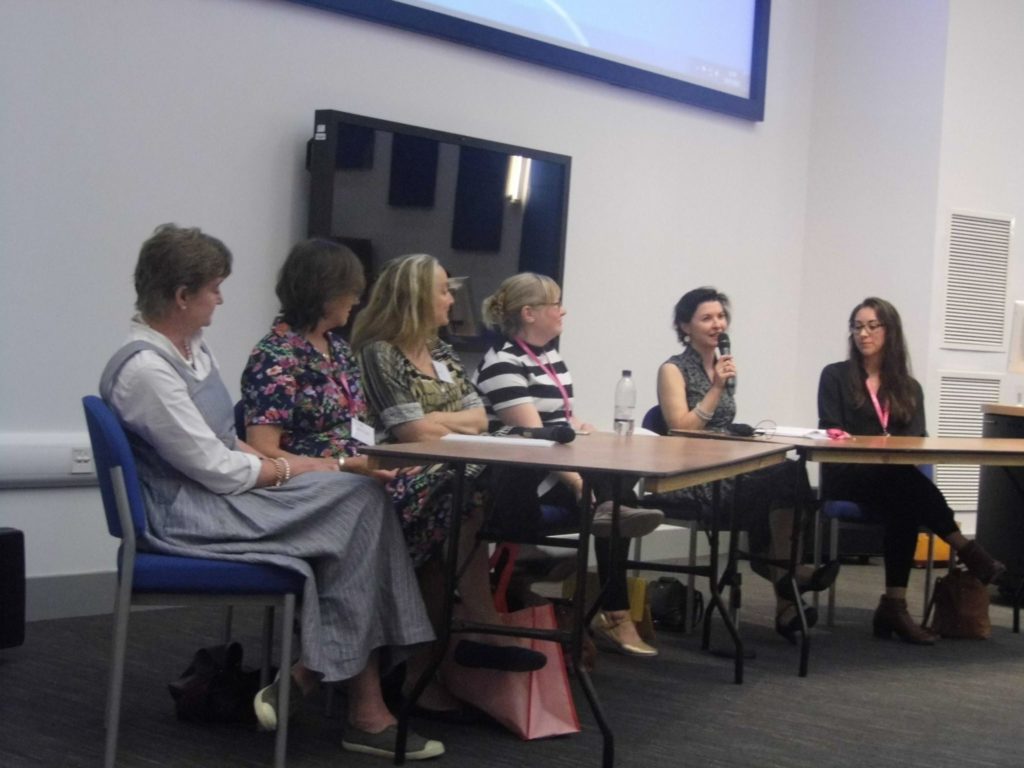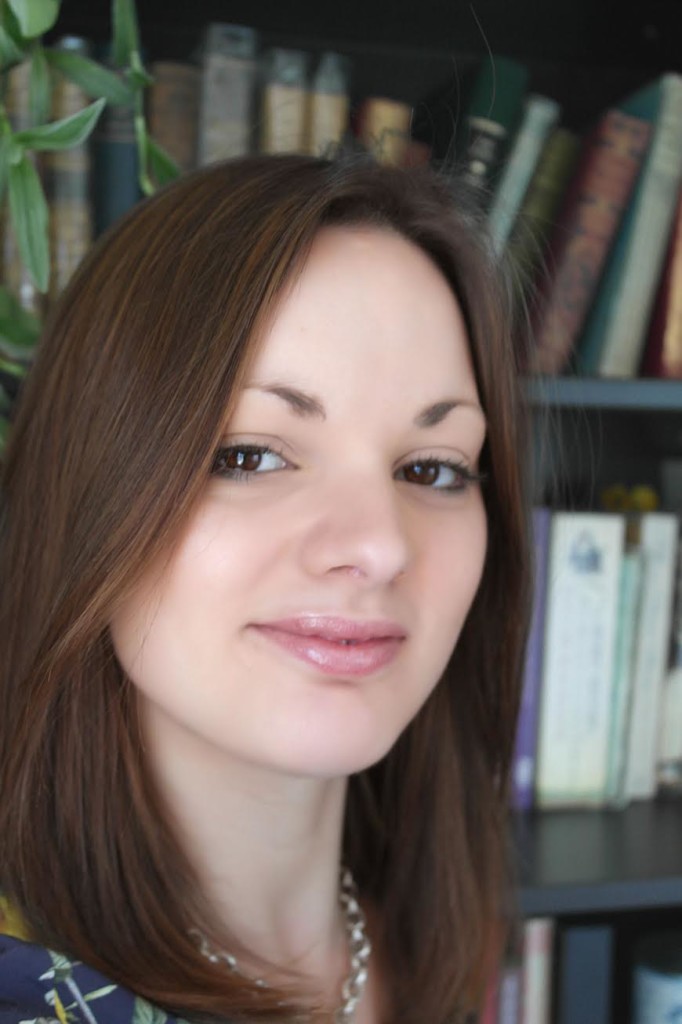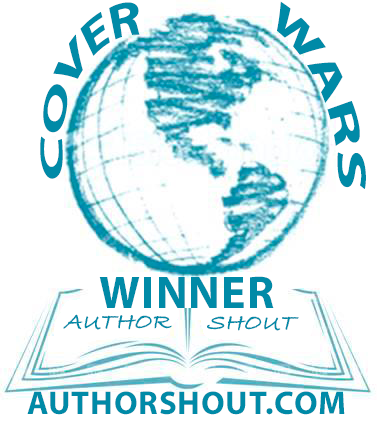Despite the pumpkin-orange commerciality of Hallowe’en its roots go back deep into history. Further than All Hallows preceding All Saints in the Christian calendar, back to a more pagan past and the festival of Samhain.
As I discovered when I was researching The Faerie Tree, Samhain is the time when the veil between the living and the spirit world is at its most fragile; the perfect moment to honour the dead and to reconnect with our ancestors. The time when you’re most likely to encounter a spirit, perhaps – or maybe to tell a ghostly story.
I believe that tales of those who have passed beyond our world have been part of human history for millennia. It’s something that archaeology can never prove, but what is known about early civilisations is that they worshipped their ancestors. And if you worship them, you will naturally pass down stories about them and perhaps they will even come back to visit you. So maybe you start to tell stories about that.
Even now there is a great deal of emotion invested in family ghost stories. Authors Rosemary Noble and Julia Macfarlane agree. Julia edited Chichester Ghost Walk, a collection of short stories which form a walk around Chichester city centre or can simply be read for pleasure, and when she guides the walk herself she has to make sure someone else reads The Cottage Vision. “It’s based on my Nanna’s vision of her son drowning,” she explains, “I fill up, every time.”
But how to create a spine tingling ghost story? When I started to write The Cheesemaker’s House I’m not sure it was my intention, and when my characters took me there it was how to get it right that terrified the living daylights out of me. My basic premise was to ground my characters so firmly in the real world that when they slipped elsewhere – or elsewhere slipped to them – it seemed effortless and ephemeral at the same time. Writing in the first person helped; it meant I could be inside Alice’s head, feeling her emotions, and making sure my readers felt them too.
My aim became to write a story which while hard to put down wasn’t so scary that my readers couldn’t sleep when they did. However one of my very few beta readers, a man in his late twenties, rode a coach and horses through that idea when he emailed to say he’d been reading the book while his girlfriend was away and had been forced to sleep with the light on.
Research is also key. I am lucky enough to have access to the library at The College of Psychic Studies which is stacked floor to ceiling with books around the subject of consciousness beyond matter. There I learnt the difference between a spirit and a ghost and was able to read first hand accounts of those experiencing their presence – and those whose calling it is to mediate between the different worlds on either side of the veil. I can’t recommend the college enough as a resource – to find out more about its work visit https://www.collegeofpsychicstudies.co.uk/.
But above all, if you want to write a ghost story then read them. Find out how other writers create emotional buy in and weave a magical web of suspense. For me Kate Mosse is mistress of this art. It was as I was reading The Winter Ghosts I realised that if I could learn her subtlety I could do this too. But for reading around the fireside as the nights draw in dip and out of The Mistletoe Bride & Other Haunting Tales. The stories are so diverse I’m sure you’ll find something to inspire you.


